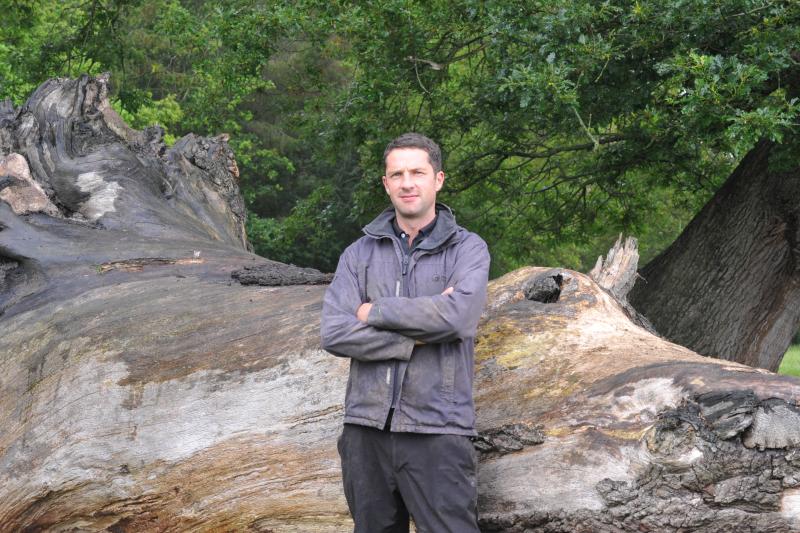
A diverse range of projects that will inform future decision-making on Welsh farms are underway on new Demonstration Sites.
The Welsh government-funded Farming Connect projects are applicable to dairy, red meat, poultry and forestry.
The projects are being rolled out on the eighteen farms recruited earlier this year.
Each project is different, and the results will be disseminated to farmers at an open day hosted by each farm during 2020.
Each site will look at the financial and physical impact of any project work on the business, so that other farmers can learn from the experience.
For example, at Bodwi, Mynytho, improving the profitability, sustainability and efficiency of finishing bull beef by utilizing homegrown grain will be explored.
Bull beef are the most efficient animals to fatten because feed conversion and compensatory growth are at their highest at this stage of production; the quick turnover of the system is also very desirable for farmers.
But, because the bulls need to be fattened by the age of 16 months, or even 14 months under some schemes, the finishing systems can require high levels of inputs.
With uncertain beef prices and the high cost of concentrated feeds, the farm will look to gain more control by growing more of its inputs.
At Halghton Hall, Wrexham, the optimum conception weight and condition for ewe lambs will be examined.
The project also aims to identify the most sustainable scanning percentage for ewe lambs and seek to increase conception rates from 60% to over 90%.
There are projects of interest to dairy farmers too.
In the all-year-round calving herd at Erw Fawr, Anglesey, the aim is to increase the utilisation of grazed grass and to produce more milk from forage.
At Mount Joy, Haverfordwest, they’ll be looking to breed for efficiency in a spring calving grass based herd.
All calves will be genotyped and the best replacements according to the spring block calving system will be selected.
In addition, the potential of the genomic testing heifers to increase milk solids production further will be scrutinised.
Where possible, new and innovative technology will be trialled and demonstrated. For example, each site will have a LoRaWAN gateway that will help with data collection on-farm.
LoRaWAN is one of a number of Internet of Things (IoT) enabling technologies that offers businesses a simple, low cost, low maintenance means of connecting large numbers of “things” to the internet in order to get better, more timely data.
Electrical Conductivity (EC) soil scanning on 40ha of grassland will be the focus at Pantyderi. Data collected will produce soil zone maps of every field based on soil type changes across the field.
Soil sampling will be carried out within every zone, producing maps of nutrient indexes across the zones.
This information will be used to explore the production, economic and environmental benefits in the context of more detailed nutrient management planning based on variable rate input application of fertiliser and lime.
The use of dedicated software linked to tractor and machine GPS technology will also be investigated and demonstrated.
The projects have received funding through the Welsh government Rural Communities - Rural Development Programme 2014-2020, which is funded by the European Agricultural Fund for Rural Development and the Welsh government.
